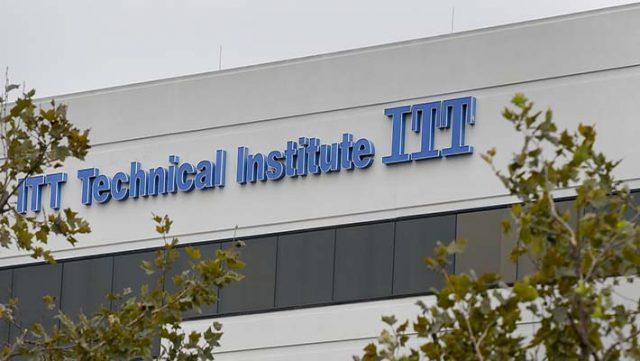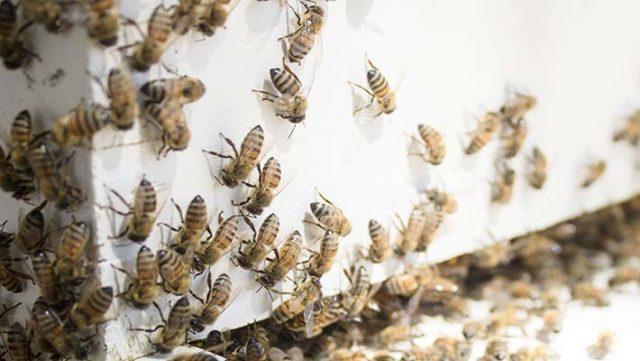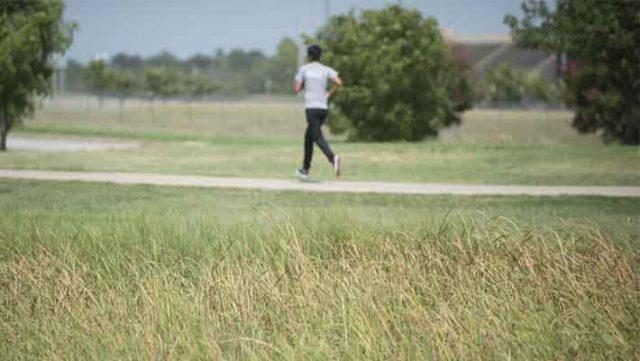By Jackie Stevenson/ reporter
Students have common misconceptions about how the brain functions, a NW philosophy and world religions professor said during a Sept. 8 NW presentation.
“The brain is not a magical box,” Tony Roberts said.
Roberts refers to brain-based learning, which places emphasis on the brain’s natural functions, as “brain hacking.”
“It is an effort to facilitate learning by getting past the more primal alert systems in the brain, which help us survive but prevents us from doing well academically,” he said.
Roberts defined learning as a structural, chemical and functional change in the brain itself, emphasizing that when learning takes place, the process goes beyond storing information in the brain.
“To study properly, you can’t simply stare at a word and hope it stays in the magical box,” he said.
He told students traditional study habits are not effective and shared alternative ways to look at information.
Students can engage in this brain-based learning technique by scanning for novelty and uniqueness, finding patterns and creating mental maps.
Additional brain hacks include lifestyle changes designed to increase levels of serotonin and dopamine, the neurotransmitters that affect mood.
Eating a healthy diet, exercising and assigning a personal task to complete each class help improve natural brain function.
But Roberts believes the most effective “brain hack” involves making associations or connecting new information to previously retained knowledge.
“The best and oldest brain hack for students struggling to retain and recall information is called the memory palace, developed in the 5th century [B.C.] in Greece,” Roberts said. “By associating bits of information with familiar items in your home, you can walk through your home in your mind and pick up the items.”




























